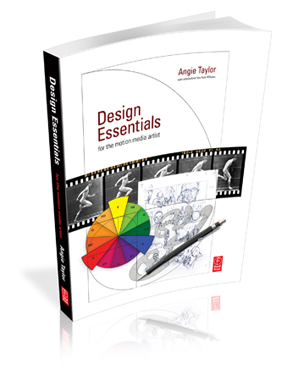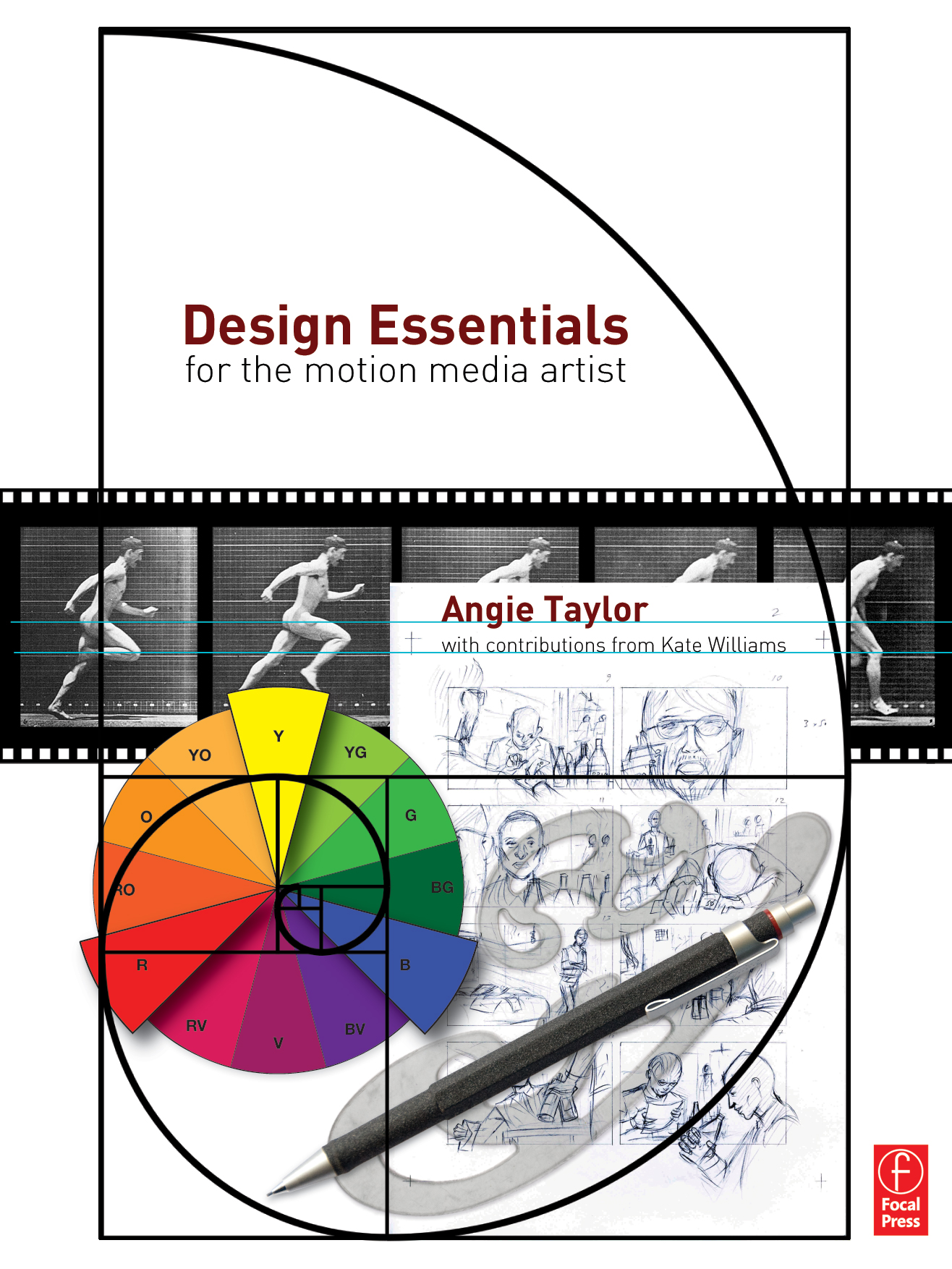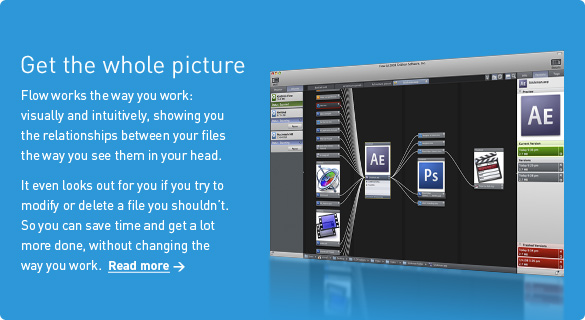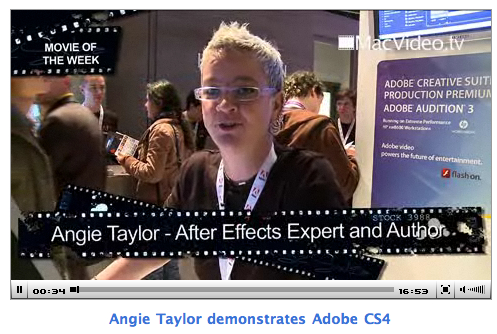Recently a few people have been asking me about my blog. “What is it?” “Why do you do it?” “What is it for?” The funny thing is that most of these questions come to me via my Facebook page. This made me realize that there’s an ironic ignorance surrounding blogs by the general public. Ironic because Blogging is basically what everyone’s doing when they post information on their Facebook page.
The definition of blogging, according to Wikipedia, the free, collaborative online dictionary is this; “A blog (a contraction of the term “web log“) is a type of website, usually maintained by an individual with regular entries of commentary, descriptions of events, or other material such as graphics or video.”
People’s first experience with posting content online is often with the ubiquitous Facebook (or other social networking website). Hardly surprising, they provide users with simple methods for getting stuff online easily, no programming involved! You can create your own free account, upload messages, links, pictures and videos. Everything’s taken care of for you, you don’t have to do any site maintenance and most of the latest web technologies are implemented as and when they become available. But all this comes at a price, it’s a double-edged sword. These sites don’t provide all this for nothing so how do they make a profit by providing you with all this free stuff? (I’ll use Facebook as an example from this point on as it is currently the one most people will be familiar with but all these sites operate in similar ways.)
The simple answer is advertising. Facebook has built up a huge number of users. At the time of this blog there were more than 400 million users with an average of 50% active each day – a captive audience of sitting ducks just waiting to be sold stuff! As you can imagine this is extremely attractive to advertisers, they can hit millions of people very easily.
Facebook’s database must be one of the biggest and most lucrative in the entire world. By posting stuff on your Facebook page, you allow them to build up a detailed profile of you, so that advertisers can target their business towards your individual preferences and interests. If you’re not careful with your privacy settings, these personal details can also be passed on to other businesses making even more profit for Facebook and it’s affiliates. This may, or may not concern you. After all, when you sign up for a Facebook account you sign a Terms and Conditions agreement to agree with all this, you did read it before signing it didn’t you?
I’m not saying you shouldn’t use these sites, quite the contrary. I have a Facebook account and think it’s a really great platform but I am very careful about my privacy settings and about the information I include. What many people are unaware of is that it’s not only you that can share your information. If you don’t customize your privacy settings your friends can distribute information about you to other applications that you may not want to join. Take a little time to read the terms and customize your privacy options, make sure you understand what you’re doing. There are websites that offer help with this, for example allfacebook.com
I’m aware how easy it is to express yourself via social networking, I think it has a place for sure. It’s a great means for sharing information quickly with a large group of people that you know will share similar interests. But if Facebook dissolved today, or if they changed the rules, forcing you to close your Facebook account, you’d loose everything, your whole profile would cease to exist. All the photos, contacts and messages that you’d built up over the years would be gone. (But Facebook would already have all the information it needs from you about you, your friends, shared likes and dislikes etc.) I find it scary to think that all the effort I put into my Facebook profile could end up being a complete waste of time. Imagine if Facebook continues to grow and achieves it’s rumored ambition of controlling the internet. They could start charging for the service, effectively holding your memories and communication to ransom. This may seem like an unlikely scenario but I’m just trying to illustrate to you how non-permanent and insecure your profile contents could be.
So, what’s the answer? Blogging! You own your blog. You control what’s included and you can host it wherever you want, making sure it’s secure and backed up forever. It provides you with a great platform for uploading your thoughts, pictures and links, you can even feed information from it to your Facebook page, giving you the best of both worlds. All you need to do is set up a free account. My favorite is WordPress but there are others including Blogger. Once you have your free account you can begin writing. Some people use a blog like a diary, adding to it every day. Others only blog when they have something specific to say. Many great authors have been produced as a result of blogging. One of the most famous was the case of Julie Powell who wrote about the recipes of food writer, Julia Child. This story was eventually made into a hollywood movie.
Blogging really is a great way of expressing yourself, I think everyone should have one! Next time I’ll talk more about the benefits of blogging. I’ll give you some tips and techniques and show you how you can use RSS readers to build up a network of your own favorite blogs to take inspiration from.
Angie’s shuffle track of the day; Express Yourself – N.W.A. – Listen free on we7.com

I’ve been busy putting the finishing touches to my forthcoming book, “Design Essentials for the Motion Media Artist“.

It’s funny, I’ve written books before. Software books, teaching people how to use Adobe After Effects to be specific. I was commissioned to write these books, at the time there were very few books on the subject and there was a growing demand for them. I must say, I hated writing them, the process was so bogged down with technical checking and they had to be written in a very standard, linear way which I found stifling.
I’m pleased to say that this book was different. It’s about the principles of art and design, a subject very close to my heart, something I live and breathe so writing it was very hard work but also, a real pleasure. That is, till it came to illustrating the book. Creating my own images and diagrams was fine, no problem. But when it came time to adding photographs of famous inventors, artists, artworks and examples of motion graphics, the nightmares started.
I tried my best to get clearance for the images, but to no avail. First of all I had to find out who the copyright owners were, this is not as easy as you may think. In some cases several people claim to own copyright so how do I know which one to believe? Even after finding out and writing to them, I’d often get no response. One day I rang the Galleria Nazionale delle Marche in Italy to ask for permission to use a reproduction of The Flagellation by Piero Della Francesca, I greeted them in my best pigeon Italian (which admittedly is pretty poor!) I asked if there was anyone there who spoke English and they promptly hung up on me! This happened three times!
This was an extreme example but fairly typical in that nobody seemed interested in my offers to pay for written permissions to use their work. It seems that everybody wants to protect their work but nobody wants to sell you the rights to use it, so what’s the point in protecting it, what are they protecting it from exactly?
I have no intention of stealing anybody’s work, using it for any obscene publication, claiming that it was mine, all I wanted to do was pay tribute to some of my favorite pieces of work, and their creators. I presumed that copyright was intended to prevent the creators from losing revenue but if they’re not making it easy for people to pay, how do they expect to make any money? It seems very sad that the creative outpourings of artists and designers are surrounded by a cobweb of bureaucracy that prevents them from getting exposure, making money, providing inspiration for others and being shared, loved and developed into the art and design of tomorrow.
Since encountering this situation I have read up on copyright and want to share a couple of really interesting articles on the subject. The Abolish Copyright website explains why this system is so antiquated and has some great links to other articles. Anyone who is planning to provide web content in the UK should read up about the Digital Economy Bill which is being pushed through parliament as we speak. It’s likely to make matters a whole lot worse by propping up and supporting bad business models by giving unprecedented power to private entities to impose sanctions based on suspicion rather than due process. They can even take away your internet access if they suspect you of having copyright items on your website, it’s crazy! But, it’s not too late to act, The Open Rights Group will help you fight this insidious and draconian bill before it’s too late!
Finally, as a celebration of those brave individuals who stick two fingers up at copyright law, and as a tribute to Malcolm McLaren, a true eccentric Englishman who helped change the face of music. Bow Wow Wow‘s fantastic “C30, C60, C90 – Go!” – listen free on Last FM.
 I’m busy preparing to leave on a mammoth journey to San Fransisco to speak at the Macworld 2010 conference for the first time.
I’m busy preparing to leave on a mammoth journey to San Fransisco to speak at the Macworld 2010 conference for the first time.
I’ll be talking about production workflow, specifically broadcast production as that’s where I spent 12 years of my life freelancing as a motion graphic designer/ animator.
I’ll also share some of the challenges I’ve faced in the transition from designer to creative director, and my methods for overcoming those hurdles.
The talk is part of the users conference (session code: US964) and is titled “Creative Video Workflow – From Storyboard to Completion“. It’s taking place on Friday February 12th, between 15:00 – 16:15.
Of course I’ll be talking about the software I use in my everday work, and will share some top tips and tricks. But my main focus will be on my creative processes. How do I come up with ideas? What do I do to make sure my skills are up to date? How to I collaborate with others and manage remote working?
If you’re interested in finding out more use the priority code TWEETMW when you register to get a $15 Expo pass or 15% off of any conference package. Onsite expo passes are $45, so it’s a great deal!
I hope to see you there!
I’m interested in the trend of decoupling going on in the world of TV and film production companies. It’s the world that I used to live in so it’s close to my heart. Decoupling refers to the process of reducing costs to the client by outsourcing some of the work to freelancers or external services, rather than providing them in house. Decoupling offers big opportunities to everyone in our industry from company directors to freelancers and runners, if we can be brave enough to embrace it.
Increasingly, over the past 20 years, production companies have been expected to be flexible, pressurised to increase their skills, enabling them to deliver every possible service and format to their clients. This entails increasing staff to cover all areas of production, extending the capabilities of the company so they can also generate content for new and emerging mediums (web, mobile devices, games etc). The result is increased costs due to wages and also investment in bigger studio spaces.
The inevitable has happened, the work that was plentiful during these times of development has somewhat dried up. Production companies are competing even harder for the same jobs and clients find it harder to differentiate between companies as they all offer essentially the same services. Frustrated freelancers who weren’t finding the right amount of work (or satisfaction from it) started to create their own collectives which for a while injected some new life into the industry but they too have suffered from what I call the “jack of all trades syndrome”. Feeling that they must offer all services in-house, often stretching the capabilities of their employees and making the work suffer as a result.
Of course there are pros and cons with everything in life, this is no exception. On a positive note, decoupling could provide the opportunity to return to an industry where craft specialization matters. Instead of all production companies offering essentially the same services and competing for every scrap of work, each could become king of a particular area, passing work onto other companies when the work is more suited to their specific skill-field. A certain amount of this already goes on within Soho but I really believe this could be extended. It would improve the quality of work, employee morale and confidence within individual companies.
By letting some of their in house designers go and instead using freelancers, companies could open up to diversity, calling on different specialist skills appropriate for each job. It could create healthy competition between freelance creatives but also opportunity to create alliances and a network for swapping skills. In house designers can sometimes find it hard to maintain focus and motivation, so those more suited to a freelance lifestyle could benefit greatly here.
However, I worked as a freelancer in the industry for over 12 years so I know, only too well the challenges that can be faced. Remote working is not easy, you need to be motivated, focused, pro-active and willing to network. Ideas can be harder to develop on your own, it’s amazing how much creative development goes on during breaks around the coffee machine or meetings in the pub after work for production companies. Get rid of your in house team and you risk losing the teamwork that’s so valuable for the development of ideas and a sense of company identity. It can also be hard to find the right people at the right time to work on a production, they may be busy with another company.
On the whole though I see decoupling as an exciting prospect. It increases the unknown to the equation. Risk and uncertainty can be scary but embrace them and you often find new exciting challenges that, combined with a bit of initiative, can be the impetus to creativity in it’s truest sense. I’d love to hear the thoughts of other design professionals about the whole debate associated with decoupling, and also any stories about the challenges associated with remote working. What are these difficulties and how can we find ways of making it work?

On December the 8th I start work with Gridiron Software as their European Creative Director.
It’s all very exciting and scary at the same time. Big changes for me but I’m really ready for a new challenge and this role seems ideal as it incorporates a creative role with software design and development – so it’s right up my street.
I start in December and will be full-time with GI but they are still allowing me to take on creative projects as part of the deal. I will also still be able to offer my services as a demo artist to other companies on a partner basis.
Part of my job will be promoting a brand-new, revolutionary software product named Flow. I’m very excited about Flow as there’s nothing else quite like it out there and I reckon it will change the people connect with software.
I’d love to hear some feedback about Flow from anyone in the industry so if you get a chance to check it out please follow this link.
http://www.gridironsoftware.com/Flow

Angie Taylor IBC 2008
Whilst at IBC 2008 I was interviewed by Rick Young of Mac Video regarding the new features of CS4.
Here is a link to the interview and a short demo of my favorite new features.











